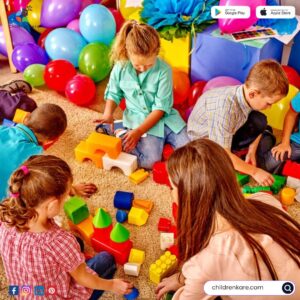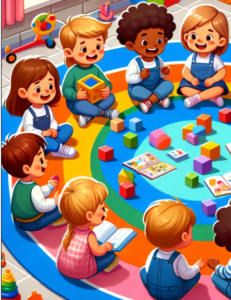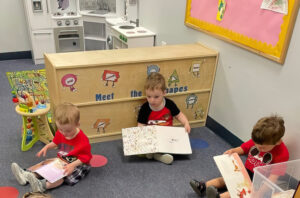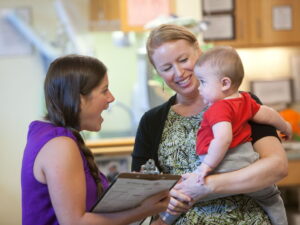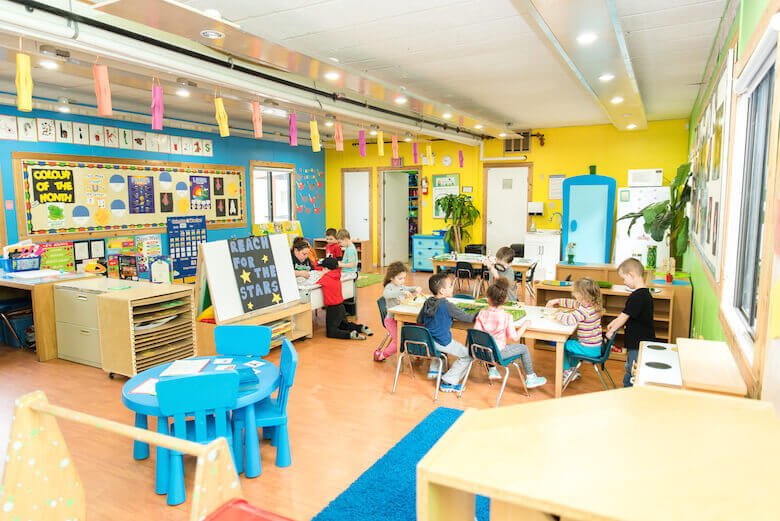
Basic First Aid for Daycare Providers
Daycare Centers in Denver play a crucial role in ensuring the safety and well-being of children in their care centers. Understanding basic first aid is essential for these professionals, as accidents and emergencies can occur at any time. This blog post will cover the fundamental aspects of first aid for daycare providers, including essential skills, necessary supplies, and the importance of ongoing training.
The Importance of First Aid Training
First aid training is vital for daycare providers for several reasons:
Immediate Response
Children are prone to accidents due to their active nature. First aid training equips providers with the skills to respond quickly to emergencies, such as falls, choking, or allergic reactions. This immediate response can significantly impact the child’s recovery and safety.
Preventing Further Injury
Trained providers can assess situations effectively and take appropriate actions to prevent further harm. This proactive approach is crucial in managing injuries and ensuring a safe environment.
Building Parental Trust
Parents feel more secure knowing that their child care providers are trained in first aid. This trust fosters a positive relationship between parents and providers, enhancing communication and collaboration.
Essential First Aid Skills for Daycare Providers
Daycares in Denver should be proficient in several key first aid skills:
CPR (Cardiopulmonary Resuscitation)
Understanding how to perform CPR on children and infants is critical. Training includes chest compressions, rescue breaths, and the use of an Automated External Defibrillator (AED) if available.
Choking Response
Children are more susceptible to choking. Providers must learn techniques like back blows and abdominal thrusts tailored for different age groups to effectively respond to choking emergencies.
Managing Wounds and Bleeding
Providers should know how to clean and dress wounds, control bleeding, and recognize signs of infection. Proper wound management can prevent complications and promote healing.
Recognizing Allergic Reactions
Training should include how to identify and respond to allergic reactions, including the administration of epinephrine using an auto-injector in severe cases.
Handling Fractures and Sprains
Understanding how to recognize and immobilize fractures and treat sprains is crucial. Providers should be trained in splinting techniques and providing support.
Seizure Response
Providers need to know how to recognize seizures and ensure the child’s safety during these episodes, providing comfort and support.
Building a Comprehensive First Aid Kit
A well-equipped first aid kit is essential for special needs daycares near me in denver. Here are the key components that should be included:
- Adhesive bandages of various sizes
- Gauze pads and adhesive tape
- Antiseptic wipes and antibiotic ointment
- Instant cold packs for swelling
- Thermometer for checking fever
- Scissors and tweezers
- Disposable gloves for hygiene
- Emergency contact list including parents’ numbers and local emergency services.
Maintenance and Training
Regular maintenance of the first aid kit is crucial. Providers should check the kit every three months to replace used items and ensure everything is within its expiration date. Additionally, ongoing training in first aid and CPR is essential to keep skills current and effective. Many organizations offer training programs specifically designed for child care providers, which can be conducted in-person or online.
Also Read: Matching Your Child with the Perfect Daycares
Conclusion
Basic first aid knowledge is an indispensable skill for daycares in USA. It not only prepares them to handle emergencies effectively but also fosters a safe and nurturing environment for children. By investing in training and maintaining a well-stocked first aid kit, daycare providers can ensure they are ready to respond to any situation, ultimately safeguarding the health and well-being of the children in their care.

